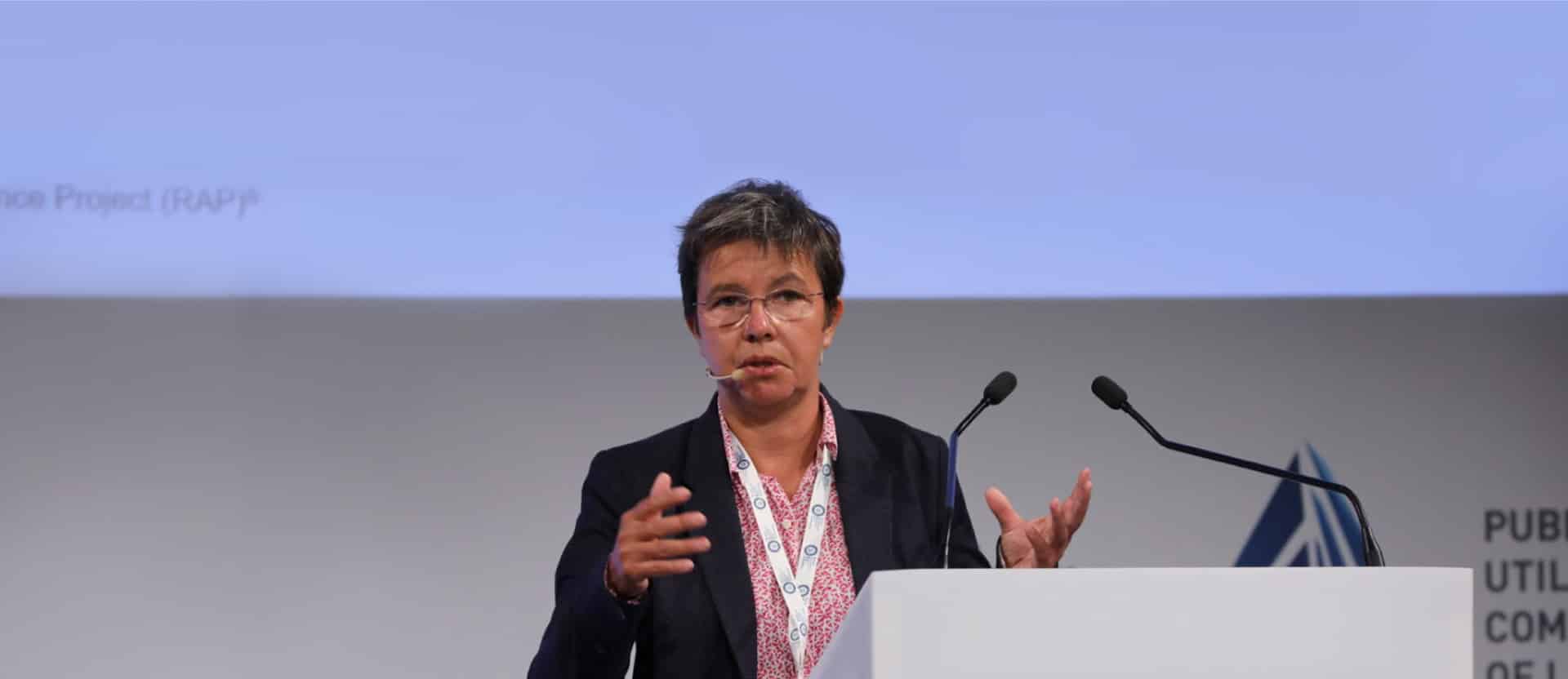
Multimedia
We believe that sharing our expertise and collaborations in clean energy policy is how real, effective change happens.
From reports and policy briefs, to webinars and podcasts—RAP advisors have built an extensive collection of resources providing in-depth analysis and practical solutions to today’s energy challenges.
Filter >>
Content Filter:
March 31, 2025
Electrification Academy 26 – How industry can benefit from flexibility revenues
- Marion Santini ,
- Jaap Burger ,
- Surbhi Singhvi ,
- Mathilde Chareyron
Across the world, industry players are looking for ways to reduce their energy costs. How can industry provide flexibility services to electricity grids? What revenues can industry players get from this? How will this improve the business case for electrification? … View Summary +

January 29, 2025
Federal Dollars, State Policies and Heat Pumps: The Future of Heat in the Mountain West
- Maren Mahoney ,
- Neil Kolwey ,
- Devin Filicicchia ,
- Vivian Cox ,
- Raphael Breit ,
- David Farnsworth
If the video is not visible, please accept all cookies to enable the player. In the third in a series of webinars looking at heat pump adoption in regions across the country, practitioners from the Mountain West states discussed how… View Summary +
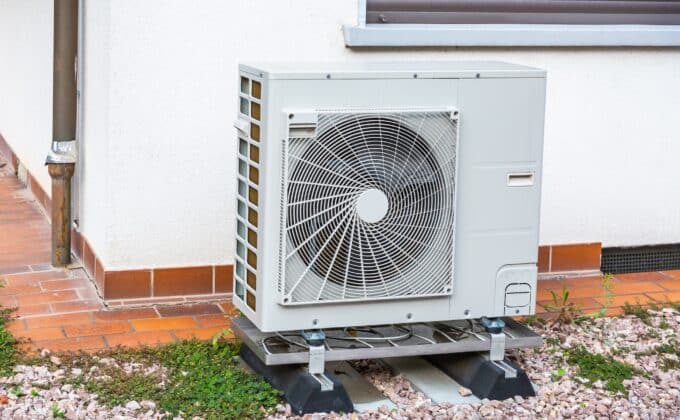
December 11, 2024
Federal Dollars, State Policies and Heat Pumps: The Future of Heat in the Northeast
- David Lis ,
- Peter McPhee ,
- Hank Webster ,
- Vivian Cox ,
- Louisa Eberle ,
- David Farnsworth
If the video is not visible, please accept all cookies to enable the player. In this webinar, the second in a series starting with a panel from the Midwest, we focused on efforts to drive heat pump adoption… View Summary +
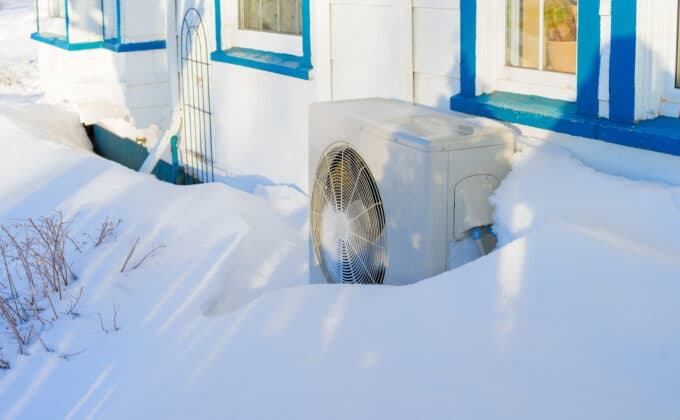
October 30, 2024
Model Rule: NOx and GHG Emissions Standards for Space and Water Heaters
- Nancy Seidman ,
- Emily Levin ,
- Mahdi Ahmadi ,
- Kyle Booth
If the video is not visible, please accept all cookies to enable the player. Experts from RAP, the Northeast States for Coordinated Air Use Management, and Energy Solutions introduce the model rule they developed and explore how emissions standards… View Summary +
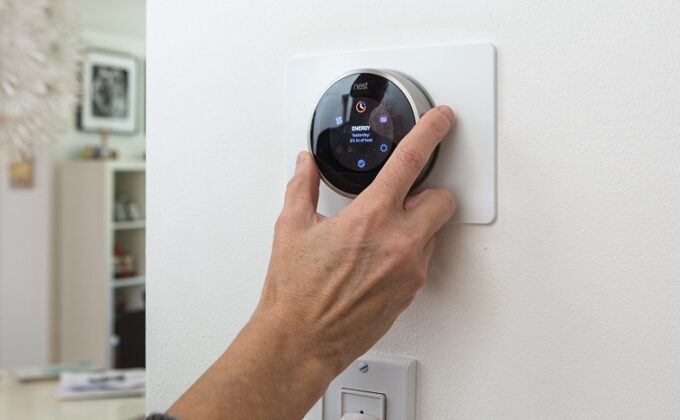
October 3, 2024
Federal Dollars, State Policies and Heat Pumps: The Future of Heat in the Midwest
- Kellen McSweeney ,
- Rabi Vandergon ,
- Andrew McNeally ,
- Raphael Breit ,
- Vivian Cox ,
- David Farnsworth
If the video is not visible, please accept all cookies to enable the player. The deployment of heat pumps is a key part of the greenhouse gas reduction goals set out in the Inflation Reduction Act (IRA). While the… View Summary +
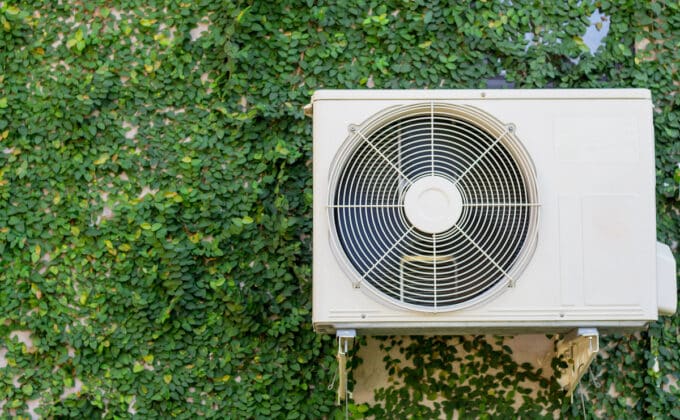
October 1, 2024
Empowering Energy Regulators to Tackle Decarbonisation
- Alejandro Hernandez ,
- Richard Sedano
Energy regulators are pivotal in the energy transition. Traditionally focused on reliability and affordability, national and international policies mean they are now increasingly facing the challenge of decarbonisation. The Regulatory Energy Transition Accelerator (RETA) will host an event to raise… View Summary +
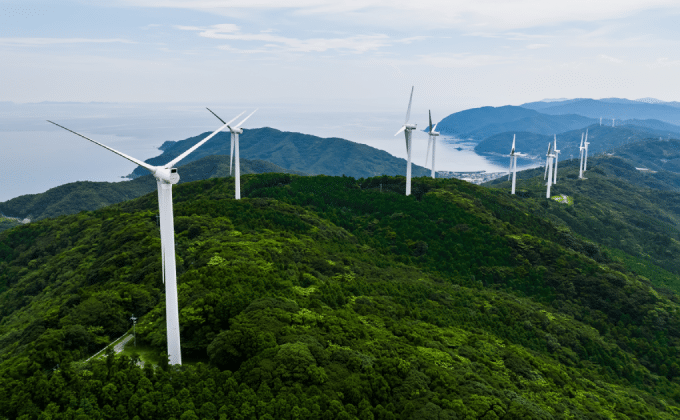
September 25, 2024
Global Perspectives: Energy Justice and the Future of Climate
RAP was on the scene at Climate Week NYC for a dynamic exchange on the rising momentum of energy justice as climate and energy organizations work to balance climate goals with social equity. As we push for a clean… View Summary +
June 26, 2024
Unlocking System Savings With Flexible EV Charging: Lessons From Colorado
- Camille Kadoch ,
- Amy Wagner ,
- Hussein Basma ,
- Jamil Farbes
If the video is not visible, please accept all cookies to enable the player. In the first in a series of global reports on the benefits of smart electric vehicle charging, RAP, the International Council on Clean Transportation… View Summary +

May 17, 2024
Enefirst Plus: plugging in ‘Energy Efficiency First’
- Regulatory Assistance Project
The ‘Energy Efficiency First’ (EE1st) principle is defined and endorsed in EU legislation. The purpose of EE1st is to give priority to demand-side resources, such as energy efficiency and demand response, when they are more cost effective from a societal… View Summary +

May 2, 2024
Designing a 24/7 Carbon-Free Electricity Transition Tariff
If the video is not visible, please accept all cookies to enable the player. (If your browser settings are causing an issue viewing this video, you can find it on our YouTube channel here.) A 24/7 carbon-free electricity… View Summary +
